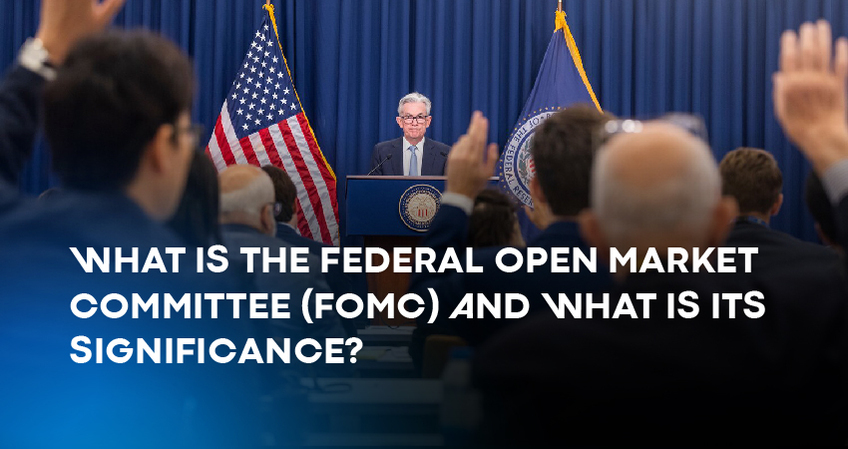What is the Federal Open Market Committee (FOMC) and What is its Significance?
The Federal Reserve System, often referred to as the Fed, is the central bank of the United States. At its core is the Board of Governors, consisting of seven members appointed by the President and confirmed by the Senate. The Chair of the Board is appointed by the President and serves as the public face of the Federal Reserve. The Board of Governors is responsible for setting monetary policy, overseeing the operations of the Federal Reserve Banks, and ensuring the stability of the financial system.
The Structure
Complementing the Board of Governors are the twelve regional Federal Reserve Banks located across the United States. These banks act as the operational arms of the Federal Reserve System, providing critical services to commercial banks within their respective regions. They process checks, distribute currency and coins, serve as lenders of last resort, and play an essential role in maintaining the stability of the banking system.
The Federal Open Market Committee (FOMC) serves as the policymaking body of the Federal Reserve System. It consists of the seven members of the Board of Governors and five Reserve Bank presidents. The FOMC meets regularly to assess economic conditions, determine monetary policy, and make decisions that influence interest rates and the money supply. The FOMC sets the target federal funds rate, which serves as a benchmark for short-term interest rates and has a significant impact on borrowing costs and economic activity.
How Does it Function?
The Federal Reserve System performs a range of crucial functions to support the economy. Its primary role is conducting monetary policy to achieve price stability, full employment, and economic growth. Through its control over the money supply and interest rates, the Federal Reserve influences borrowing costs, encourages or restrains lending, and helps steer the overall direction of the economy.
Another vital function of the Federal Reserve is supervising and regulating banks and financial institutions. It monitors the safety and soundness of the banking system, enforces consumer protection laws, and promotes financial stability. The Fed conducts regular examinations of banks, sets capital requirements, and establishes regulations to ensure the smooth functioning of the banking sector.
In addition to its regulatory role, the Federal Reserve Banks provide essential financial services. They act as bankers to commercial banks within their regions, maintaining accounts, processing payments, and facilitating the clearing and settlement of transactions. The Federal Reserve also acts as a fiscal agent for the U.S. government, handling the issuance, servicing, and redemption of Treasury securities.
To implement monetary policy, the Federal Reserve employs various tools. One key tool is open market operations, through which the Fed buys or sells government securities in the open market. By doing so, it influences the reserves held by banks, impacting the money supply and interest rates. The Fed also sets reserve requirements, which mandate the minimum amount of funds banks must hold in reserve against their deposits. Adjusting these requirements affects the lending capacity of banks and the overall money supply. Additionally, the Federal Reserve sets the discount rate, which represents the interest rate at which banks can borrow directly from the Fed. Changes in the discount rate influence borrowing costs and liquidity in the banking system.
With its functions in conducting monetary policy, supervising banks, and providing financial services, the Federal Reserve plays a crucial role in promoting economic stability and facilitating the smooth operation of the U.S. financial system.

